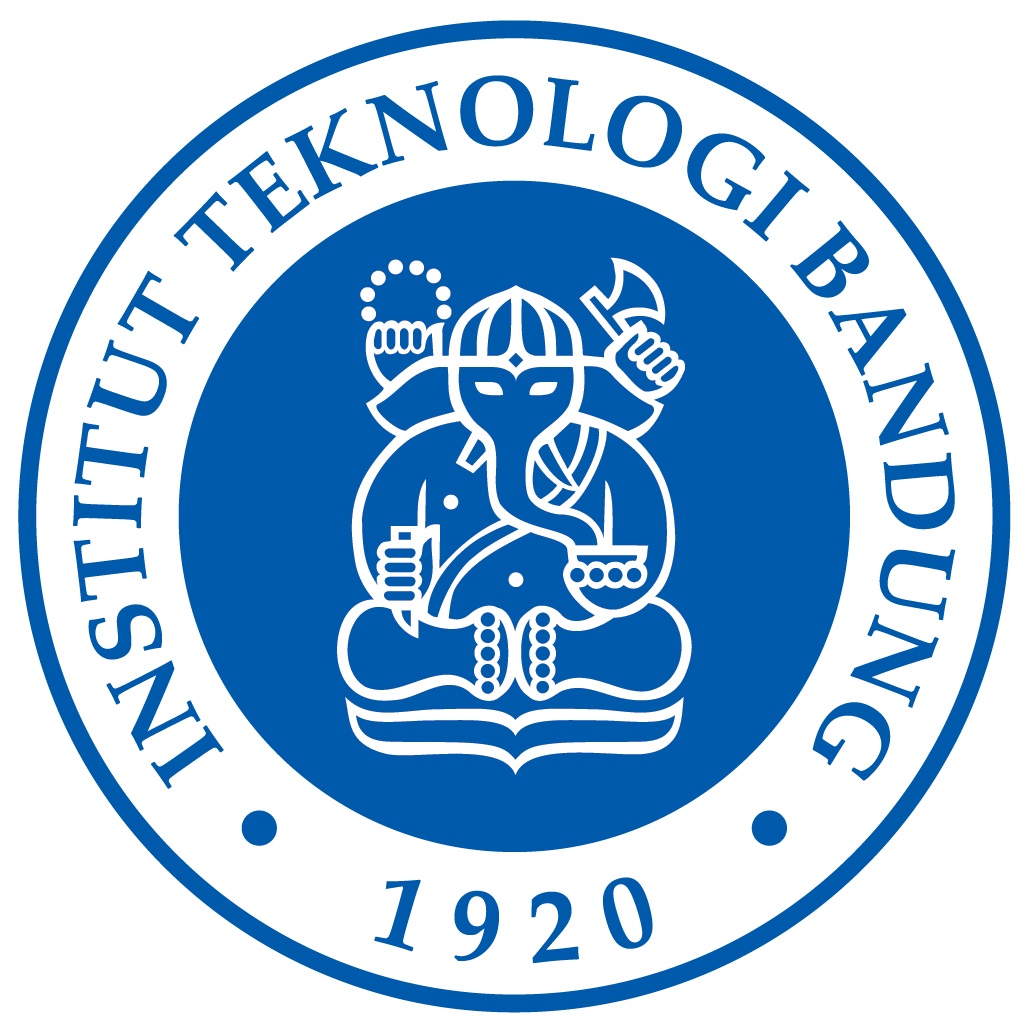

Anriansyah Renggaman
The training activity "Production of Nira Syrup and Fermentation Based Derivative Products" organized by the SITH ITB Microbial Biotechnology KK aims to empower the community through the use of sap as a local resource. This training includes techniques for processing sap into natural syrup and developing value-added fermented products such as kombucha. By involving experts, this activity provides practical knowledge, encourages healthy lifestyles, and opens up new economic opportunities for the community. This program is also a means of transferring academic research results to the community to support local innovation that is sustainable and environmentally friendly
Knowledge Transfer: Providing education to the public and students regarding techniques for processing sap into high quality syrup as a natural sweetener, as well as developing value-added fermentation products. Increasing the community's ability to utilize local resources optimally and sustainably, so that they can produce sap-based products that are healthy and environmentally friendly. Applying research results from the SITH ITB Microbial Biotechnology KK to the community to encourage the application of technology and innovation in everyday life. Reducing people's dependence on refined sugar by promoting sap syrup as a healthier alternative sweetener. Opening new economic opportunities through sap processing and developing fermented products, so that they can be used as superior commodities for villages or MSMEs.
The community service activity "Production of Nira Syrup and Fermentation-Based Derivative Products" provides benefits in the form of increasing the knowledge and skills of the community and students in hygienically processing sap into quality syrup and value-added fermented products such as kombucha. This program empowers communities by opening business opportunities based on local potential, reducing dependence on refined sugar, and promoting healthy lifestyles through the use of natural sweeteners. In addition, this activity encourages local economic development by producing superior commodities that are environmentally friendly, as well as applying the results of academic research to support sustainability and innovation based on local resources